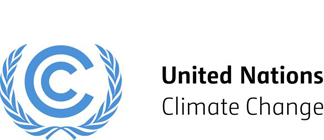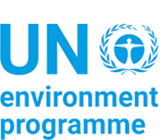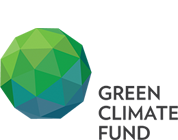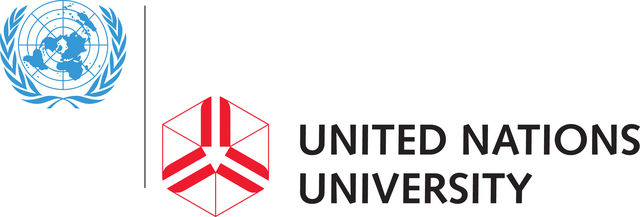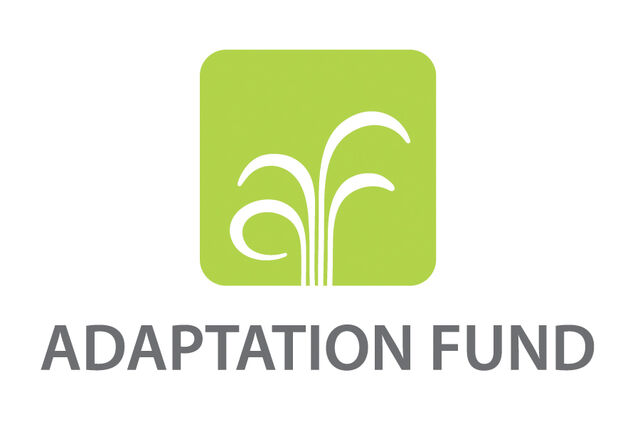- Information
As climate change intensifies, adaptation is essential. This Perspective explores how space-based Earth Observation (EO) data can support tracking progress under the Paris Agreement's Global Goal on Adaptation. Focusing on agriculture, biodiversity, extreme events, and health, it highlights EO’s strengths and challenges. The paper offers recommendations for integrating EO in indicator development, drawing parallels with the Sustainable Development Goals and emphasising the need for standardised, operational EO-based adaptation indicators. This paper is the result of a forum ‘Using Earth Observations Systems to Improve Climate Adaptation Policy and Action’, held from June 25 through June 28, 2024, in Bern, Switzerland, and hosted by the International Space Science Institute (ISSI, https://forum.issibern.ch/climate-adaptation/). The forum was co-convened by ISSI, European Space Agency, NASA, World Adaptation Science Programme, and Griffith University, with participants from research, policy, and space agencies. It explored the use and availability of space-based Earth Observations (EO) data in relation to the needs of the current UAE-Belem work programme on indicators under the GGA to assess the targets of the GGA framework. Considering global asymmetries in terms of the spatial coverage and temporal continuity of in-situ direct observations, such data sources were not discussed at the Forum. This paper aims to inform the ongoing UNFCCC process by highlighting the potential contributions of the EO community and the data it provides. We argue that EO data should be considered as an integral part of the GGA indicators under the UAE Framework for Global Climate Resilience. Reflecting the multidisciplinary expertise gathered at the Forum, we provide a set of recommendations to multiple stakeholders on how EO data can be further enhanced to support adaptation action and monitoring at scale. In particular, this paper focuses on four broad themes that span many aspects of the GGA targets: agriculture (which also integrates aspects of water), biodiversity, extreme events (which integrates aspects of water, infrastructure, and poverty) and health. For the full article, click here.


